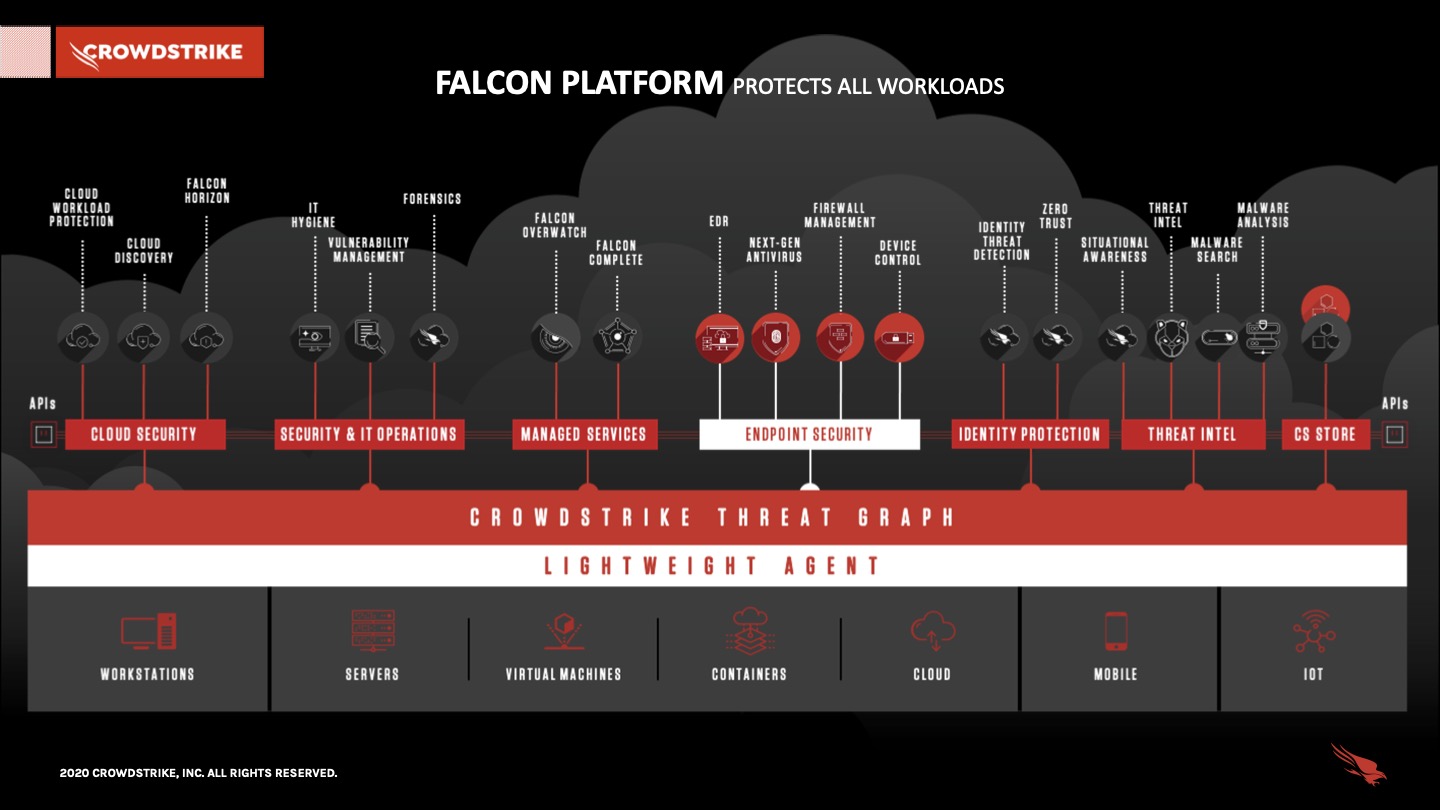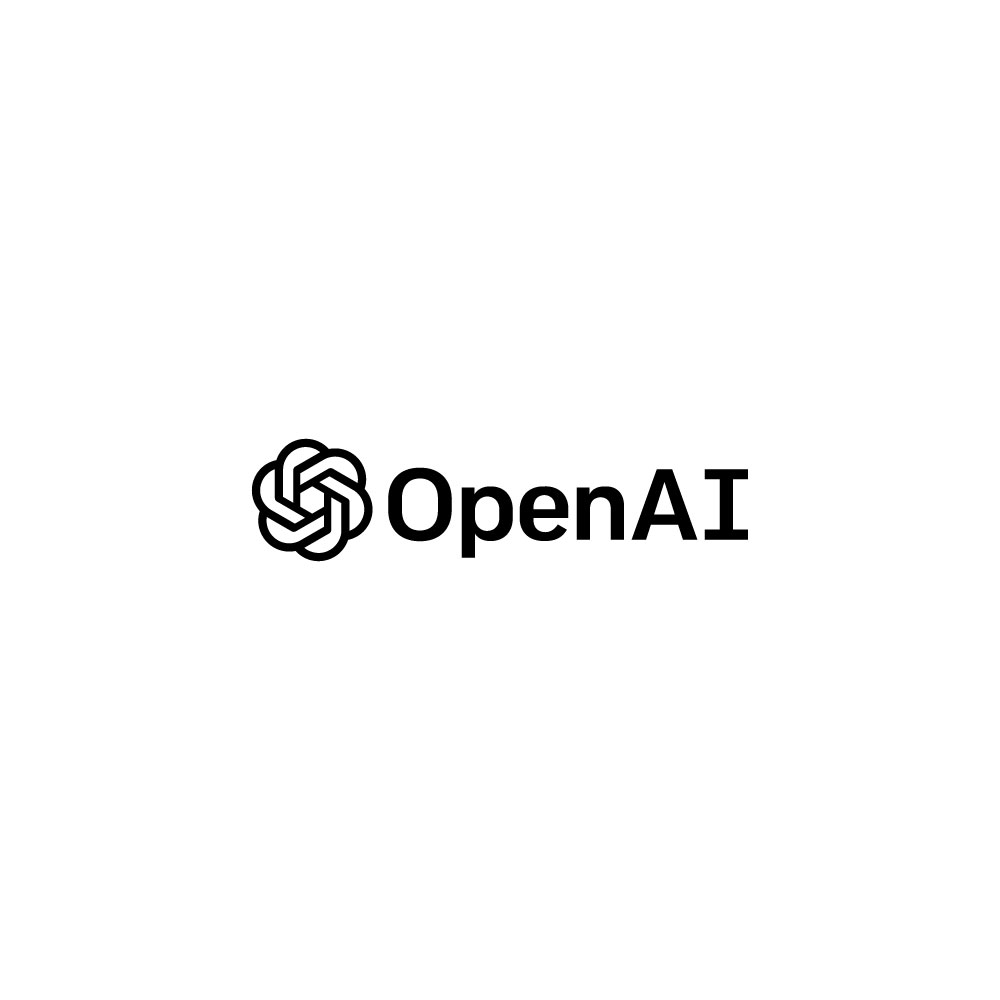AI Therapy: Privacy Concerns And The Potential For Surveillance

Table of Contents
Data Collection and Storage in AI Therapy
AI therapy platforms often collect extensive personal data, impacting user privacy. This data is crucial for personalizing treatment and improving algorithms, but its sensitive nature necessitates robust security measures.
The Extent of Data Collected
AI therapy applications gather a wide range of personal information, including:
- Symptoms reported: Detailed descriptions of mental health symptoms, including frequency, severity, and duration.
- Therapy session transcripts: Text or audio recordings of therapy sessions, providing valuable insights into the patient's progress and challenges.
- User demographics: Age, gender, location, ethnicity, and other identifying information.
- Device information: Type of device used, operating system, and app version.
- Location data (if app-based): GPS data, potentially revealing sensitive information about the user's whereabouts.
These data points, while valuable for treatment, present significant risks:
- Data breaches: Unauthorized access to sensitive personal data can have devastating consequences.
- Unauthorized access: Hackers or malicious actors could gain access to user information, leading to identity theft or other harms.
- Misuse of information: Data could be used for purposes other than intended, such as discriminatory practices or targeted advertising.
Data Security and Encryption
Reputable AI therapy providers employ security measures such as encryption and secure servers to protect user data. However, vulnerabilities persist. The sheer volume and sensitive nature of the data make it an attractive target for cyberattacks.
- Consideration: Transparency is paramount. Users deserve to understand how their data is protected and what measures are in place to prevent breaches. Look for detailed privacy policies that clearly outline data handling practices.
- Recommendation: Choose platforms with robust security certifications (e.g., ISO 27001, HIPAA compliance) and transparent data handling policies. Inquire about their data encryption methods and disaster recovery plans.
Algorithmic Bias and Discrimination in AI Therapy
AI algorithms, trained on existing datasets, can inherit and amplify societal biases, leading to unequal access to care and potentially harmful outcomes.
Potential for Bias in AI Models
If the data used to train AI algorithms reflects existing biases related to race, gender, socioeconomic status, or other factors, the algorithm may perpetuate these biases in its recommendations and interactions.
- Impact: This can result in inaccurate diagnoses, inappropriate treatment suggestions, and discriminatory allocation of resources, exacerbating existing health disparities. For example, an algorithm trained on data predominantly from one demographic group may fail to accurately assess the needs of individuals from other backgrounds.
- Mitigation: Careful curation and auditing of training datasets are crucial to minimize bias. Diverse and representative datasets are essential for building fair and equitable AI therapy systems.
Lack of Transparency and Explainability
Many AI algorithms operate as "black boxes," making it difficult to understand how they arrive at their conclusions. This lack of transparency hinders accountability and makes it challenging to identify and address biases.
- Solutions: Increased research and development in explainable AI (XAI) are vital to make the decision-making processes of AI therapy more transparent and auditable. This allows for scrutiny and identification of potential biases.
- Importance of auditability: The ability to review and audit AI algorithms' decisions is critical for ensuring fairness, accountability, and responsible use of AI in healthcare.
Surveillance and Monitoring Concerns in AI Therapy
The data collected by AI therapy platforms could be misused for surveillance, raising serious ethical concerns.
Potential for Unwarranted Monitoring
Data collected through AI therapy platforms could be accessed and misused by various entities, including:
- Employers: Potentially used to discriminate against employees based on their mental health status.
- Insurance companies: Could influence insurance premiums or coverage decisions.
- Government agencies: Potential for misuse in surveillance programs.
These possibilities infringe on patient autonomy and the right to privacy in sensitive medical information.
Lack of Regulation and Oversight
The rapidly evolving field of AI therapy lacks comprehensive regulatory frameworks, creating a gap in protecting user privacy and ethical considerations.
- Need for regulations: Clear guidelines and regulations are urgently needed to safeguard user data, prevent misuse, and ensure responsible development and deployment of AI therapy tools. These regulations should encompass data security, algorithmic bias mitigation, and transparency requirements.
- Data anonymization and aggregation: Exploring methods for anonymizing and aggregating data can reduce privacy risks while still allowing for valuable research and algorithm improvement.
Conclusion
AI therapy offers significant potential to improve mental healthcare access, but its benefits must be carefully weighed against substantial privacy risks and the potential for surveillance. Addressing data security, algorithmic bias, and the need for robust regulation is essential for responsible AI therapy development. Users should actively seek platforms prioritizing privacy and transparency, demanding accountability and informed consent. The future of ethical and effective AI therapy hinges on responsible innovation and proactive mitigation of these critical privacy concerns. Choose your AI therapy platform wisely, and demand transparency regarding data handling practices.

Featured Posts
-
 Nba Playoffs Jalen Brunsons Imminent Return Boosts Knicks Chances Against Pistons
May 15, 2025
Nba Playoffs Jalen Brunsons Imminent Return Boosts Knicks Chances Against Pistons
May 15, 2025 -
 Is Trump Right Examining Us Dependence On Canadian Imports
May 15, 2025
Is Trump Right Examining Us Dependence On Canadian Imports
May 15, 2025 -
 Ndukwe Shatters School Record Earns Pbc Tournament Mvp
May 15, 2025
Ndukwe Shatters School Record Earns Pbc Tournament Mvp
May 15, 2025 -
 S Bahn And Bvg Update Strike Resolution And Ongoing Service Disruptions
May 15, 2025
S Bahn And Bvg Update Strike Resolution And Ongoing Service Disruptions
May 15, 2025 -
 Revolutionizing Voice Assistant Development Open Ais 2024 Announcement
May 15, 2025
Revolutionizing Voice Assistant Development Open Ais 2024 Announcement
May 15, 2025
